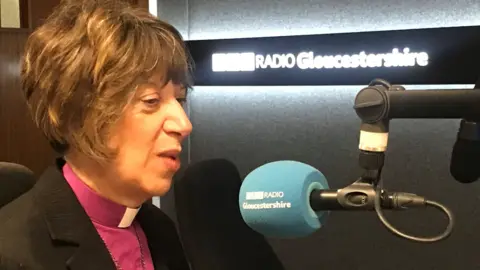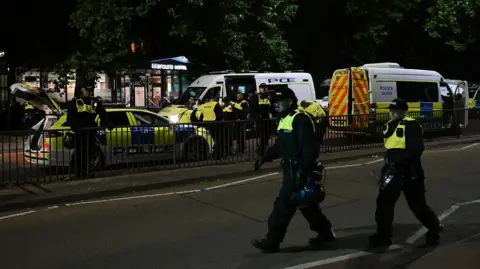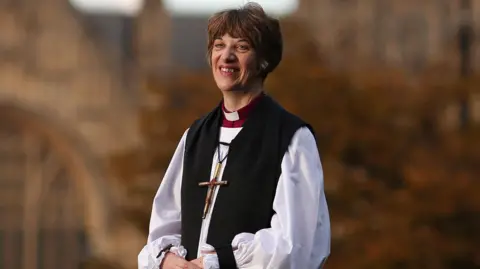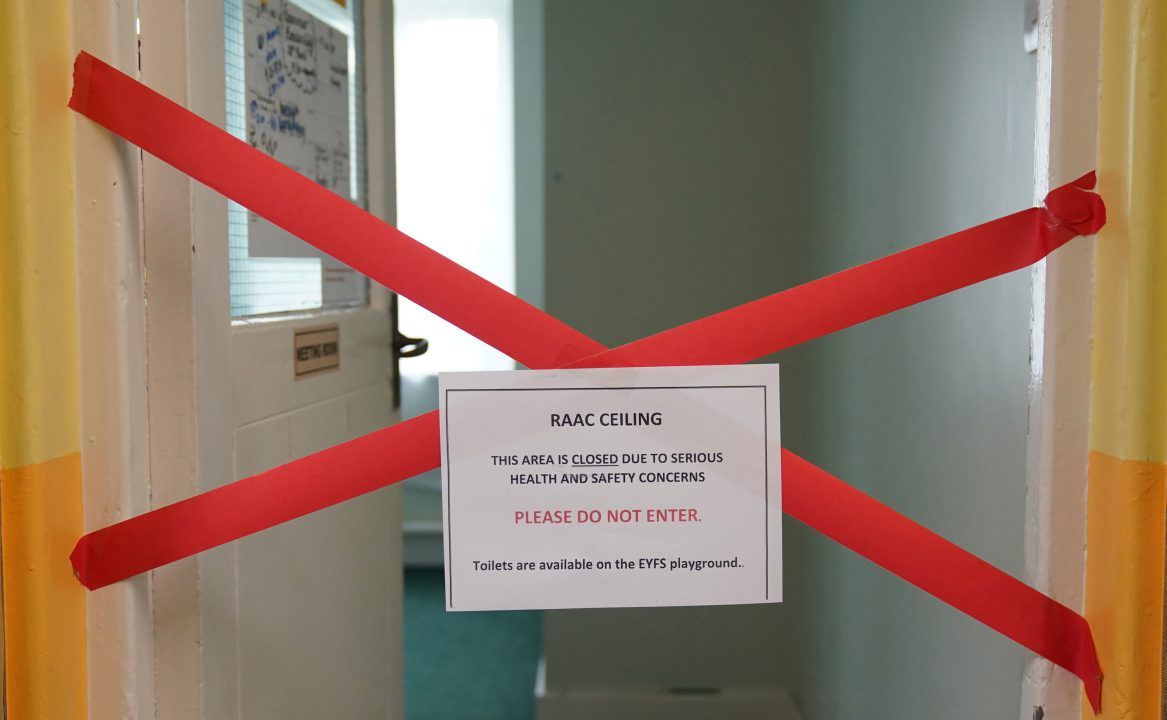Only struggle—at all of the steel companies’ sites—will force the bosses to back off from a jobs massacre
By Charlie Kimber
Saturday 24 August 2024

Sharan Graham, general secretary of Unite the union, on a march to defend steel jobs (Picture: Guy Smallman)
Labour’s election promises to save steel jobs are falling apart. It hammers home that the union leaders were wrong to run away from strikes in July and rely on Keir Starmer—and should call walkouts now.
Unless there’s a fight, thousands of steel workers are set to be laid off just before Christmas. British Steel last week brought forward plans to close its blast furnaces in Scunthorpe, Lincolnshire.
The GMB union said on Friday that at least 2,500 jobs are at risk. The owner, multinational Jingye, has insisted that no decision has yet been made.
But the Telegraph newspaper says Jingye is in talks with the government over plans to cut imports of coal needed for its steel blast furnaces in October. That’s almost two years earlier than initially planned.
The three million tonnes of steel currently produced from the furnaces would potentially be replaced by steel imported from China.
Jingye remains in discussions with the government for a £600 million state handout so it can modernise its plants.
British Steel has previously announced it would be building an electric arc furnace (EAF) as part of its decarbonisation plans. The company had said it would keep its current operations running until the transition had been made to electric arc steelmaking.
Meanwhile, the jobs slaughter continues at Port Talbot steel works in South Wales, owned by the Tata conglomerate.
Last week Starmer said his ministers will do “everything we can”. But he added, “I’m not going to pretend it’s anything other than tough.”
He said he didn’t want to give “false hope” to workers ahead of the imminent closure of the town’s last blast furnace next month.
Labour’s Welsh secretary Jo Stevens is also admitting jobs will go. “We want to make sure there are as many jobs protected as possible,” she said recently. “We don’t want to see compulsory redundancies.”
That leaves the door open for mass cuts—and Tata bosses are pressing ahead with their plans. The firm has already pushed workers to “volunteer” for redundancy and says it will close the second of two blast furnaces in September.
Huw Thomas, BBC Wales business correspondent commented, “Since the steelmaker announced its original proposals at the beginning of this year, barely any changes have been made to the overall plan.”
Its plan will “cut 2,800 jobs and shut the heavy end of Port Talbot’s operation by the autumn”. “With just weeks remaining, the blueprint for Tata Steel’s restructure seems unlikely to change,” he said.
“Any additional investment or job creation is likely to be secondary, and small in scale, compared with what’s being lost.”
The key moment came just before the general election in July. Unite union leaders crumbled in the face of bosses’ threats and called off a scheduled strike by 1,500 workers in south Wales.
The union claimed Tata Steel company bosses had offered new talks.
In reality, the firm had threatened to start shutting down two blast furnaces immediately unless Unite called off an indefinite strike. And, unwilling to defy the company, Unite dropped the strike and an overtime ban.
Disgracefully, the Community union which had not called strikes—despite its members voting for them—revelled in Unite backing off.
It’s not too late to launch strikes and a wider battle throughout the working class movement for jobs and for more sustainable production.
Only struggle—at all of the companies’ sites—will force the bosses to back off. There should be no agreement to any moves that lead to a shutdown—and workers must not perform them.
“Greener steel” doesn’t have to mean devastation for working class people.
It’s right to move away from the polluting processes that presently dominate the industry. But that should be done with workers at the centre of decision-making—and not with profits dominating.
Workers should organise for an occupation of the threatened sites and demand Labour nationalise the industry under democratic control.





 The local Ballymoney newspaper ran an article on Harris's links to the town
The local Ballymoney newspaper ran an article on Harris's links to the town













